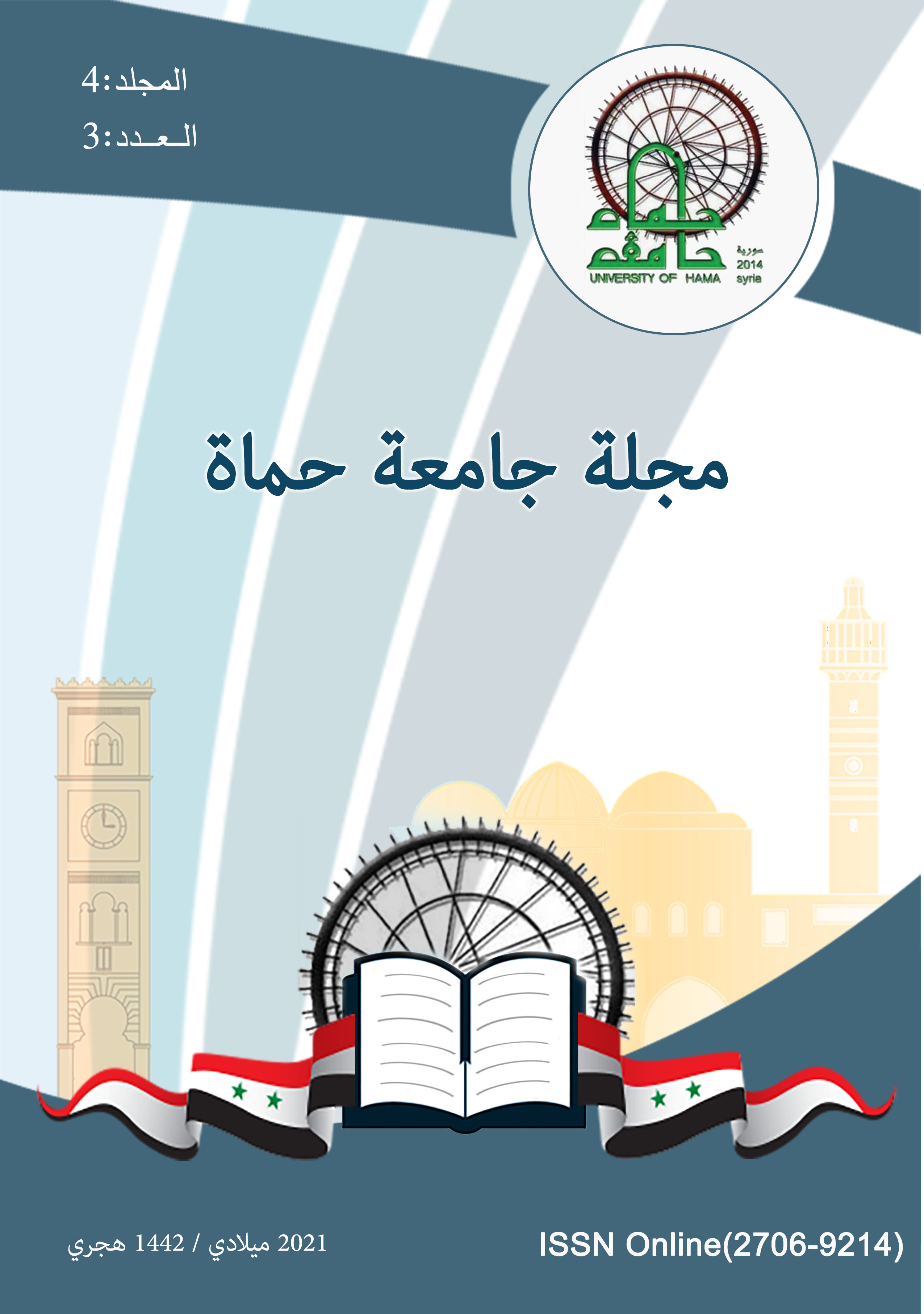Comparison between some Treatment Programs against Parascaris Equorum in Purebred Arabian Horses in Syria
الملخص
The study was conducted in the Dimas stables for purebred Arabian horses in the Damascus countryside. 50 horse faecal samples were examined, then 18 horses were selected according to the severity of the injury and distributed randomly into six groups according to the following: 1st Group (N = 3): was given ivermectin (200 mg / kg) orally, the 2nd group (N= 3): was given paraprazine (110 mg / kg) orally, the 3rd group (N = 3): was given ivermectin (200 mg / kg) orally, then paraprazine (110 mg / kg) after (14) days. The 4th group (N = 3): was given her paraprazine (110 mg / kg) orally, then ivermectin (200 mg / kg) after (14) days, the 5th group (N = 3): was given ivermectin (200 mg / kg). (Kg) orally and then re-administering it after (14) days, the 6th group (N = 3): was given paraprazine (110 mg / kg) orally and then re-administering it after (14) days. An examination of faecal samples and an EPG text was performed on days 0, 14 and 28. It was observed that the best treatment program was when using ivermectin and re-administering it after 14 days, which led to a decrease in FECR to 83%. The worst result was when using paraprazine and re-administering it after (14) days, as it led to a decrease in FECR to only 59%. The results indicate the presence of resistance to antihelminths used in the study, which suggests the necessity to devise effective treatment strategies and programs to prevent the emergence and development of such resistance.


